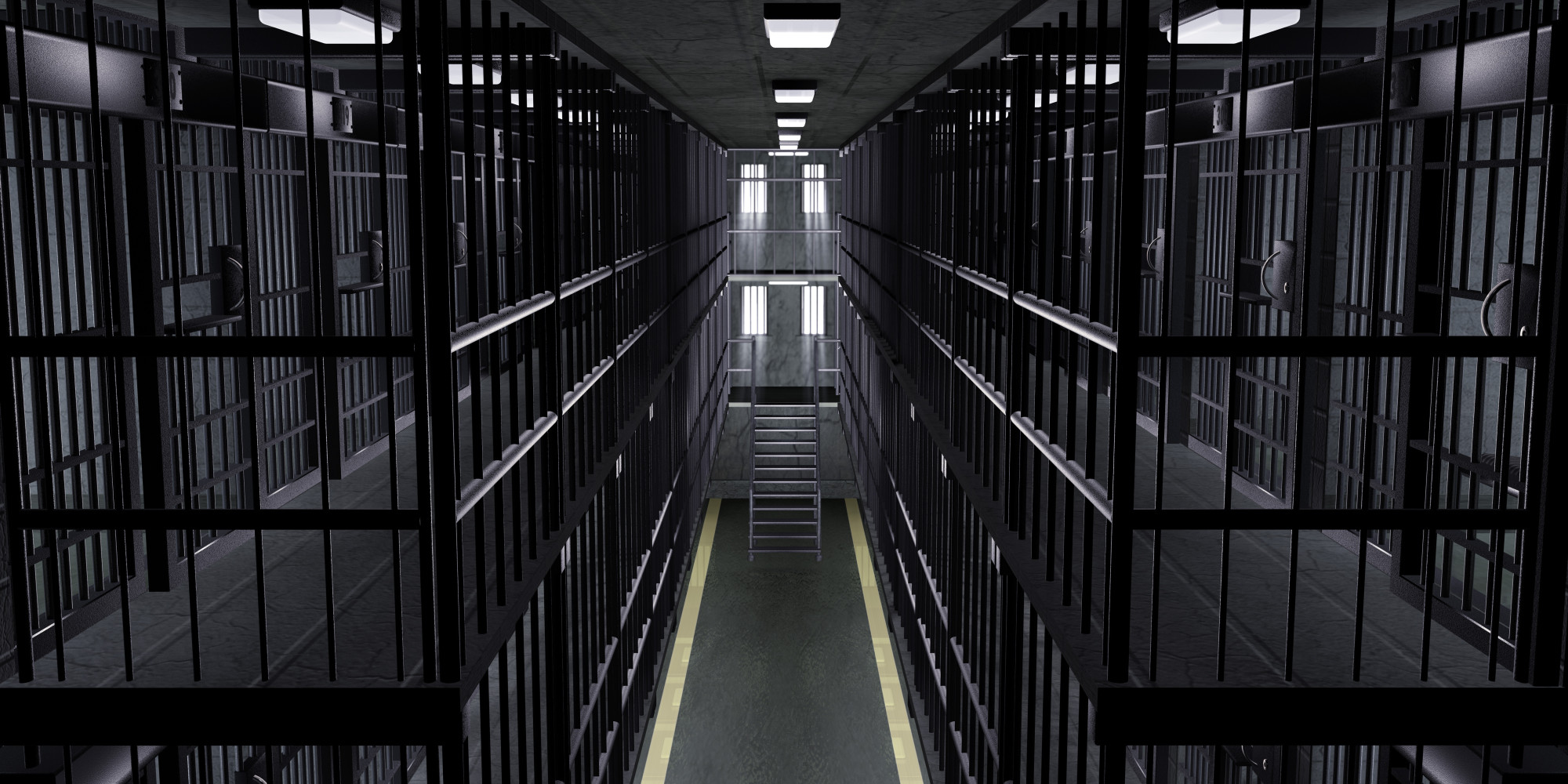When events such as the rebellion of prison inmates at the Vaughn Correctional Center in Delaware occur, they necessitate a sense of reflection upon the state of our institutions, especially those which are globally in such dire need.
The demands of the rebel prisoners should, I think, shock us at their simplicity. What was being called for sounds to me like the bare minimum of what a prison should be providing: effective education and rehabilitation services, and financial transparency, so that monetary allocations to these aspects of prison life can be monitored by the public and prisoners alike. However, the Vaughn Correctional Center suffers from problems of overcrowding and understaffing – issues that can severely hinder a prison’s ability to provide the required services effectively.
While it is true that this rebellion took place in the United States, America is not the only country guilty of such issues with their prison systems; the very same problems exist in the UK, and indeed right under our noses here in Leeds. Our city’s prison, HM Prison Leeds, has been suffering from a major overcrowding crisis for several years, and the consequences of such chronic overcrowding amount to ineffective services, and a threat to the prisoners’ human rights.
For example, prisons that are over capacity, such as Leeds’, force prisoners to share cells that are only designed for one person; prisoners will often receive insufficient food; and the time a prisoner is allowed to spend outside of their cell can hit inhumane lows, reducing them to caged beasts. This is excessive punishment for many inmates, and can have a huge impact on mental stability. Furthermore, this is a significant problem for the surrounding communities, since the prisons’ failures to support their prisoners, and the lack of means to provide them with adequate rehabilitation, means that little is being done in these institutions to prevent reoffending.
Despite these glaring problems, there has been very little in the way of movement towards concrete reform, even when the issues first became apparent. If rehabilitation and educational programmes had been more of a priority, and if a greater number of community sentences for more minor crimes had been allocated, the corner that many prisons have found themselves backed into could have been avoided. Instead, the system continued to be overused and taken advantage of, so by this point we are left with a disturbingly high number of prisons in the UK being rated as ‘of concern’ or ‘of serious concern’, while only a small handful have retained their ‘exceptional’ status.
In its current state, it is unlikely that this country’s prison system will see the light of day again for a long time, if at all. It has been shackled by rises in rates of incarceration and slashes to funding, as well as a refusal to acknowledge the humanity of prisoners. As a result, it is now locked in a cycle that it will be difficult to escape from, for prisoners and prisons alike.
Aiden Alexander Wynn
(Image courtesy of the Huffington Post UK)

